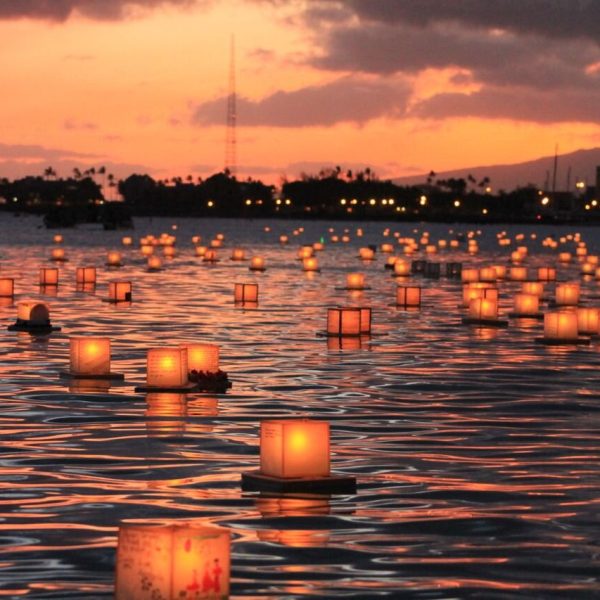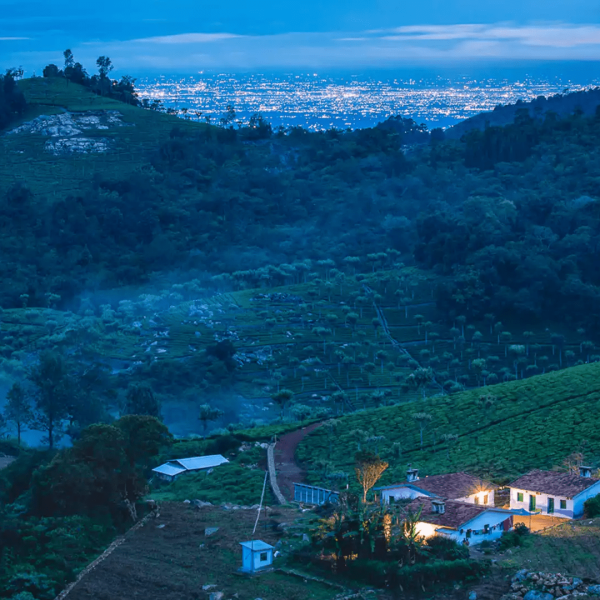Introduction:
Japan is a land rich in culture and traditions, and one of the most beloved and widely celebrated festivals is the Bon Festival. This annual event, also known as Obon, holds great significance for the Japanese people, as it is a time to honor and remember ancestors who have passed away. In this blog, we’ll delve into the charm and simplicity of the Bon Festival, exploring its customs, rituals, and the joy it brings to communities across Japan.
The Meaning of Bon Festival:
The Bon Festival, rooted in Buddhist traditions, is a time when families come together to pay respects to their ancestors. It is believed that during this period, the spirits of the departed return to their homes. The festival typically takes place in August, varying by region, and lasts for several days.
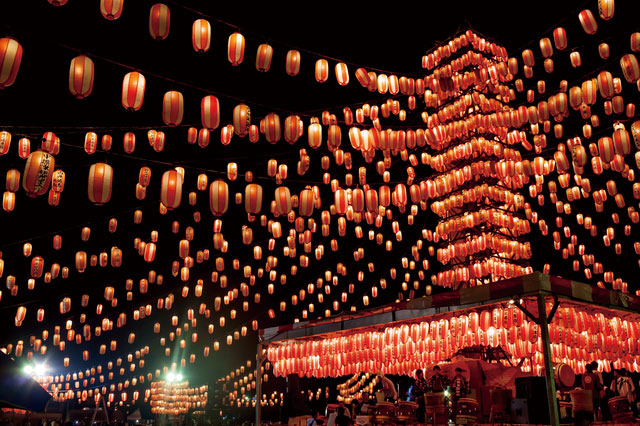
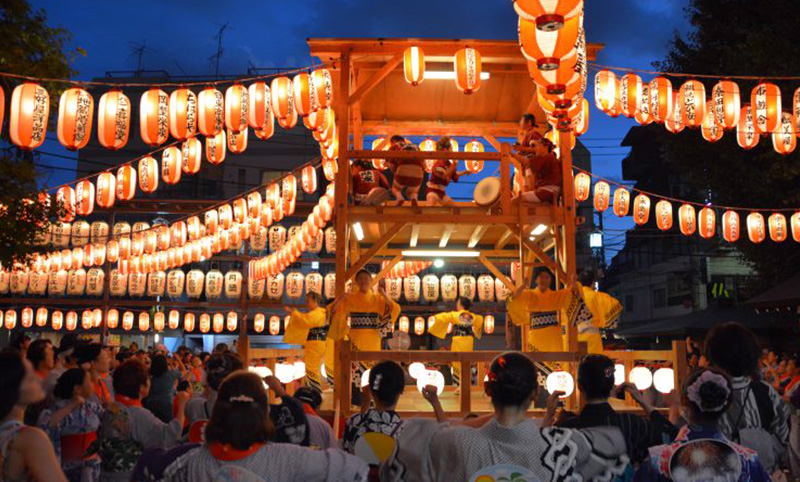
Customs and Traditions:
- Obon Dances (Bon Odori):
One of the most delightful aspects of the Bon Festival is the traditional dance known as Bon Odori. People of all ages gather in community spaces to participate in these lively dances, moving to the beat of festive music. The dances vary by region, adding a unique touch to each celebration. - Family Reunions:
Families use the Bon Festival as an opportunity to come together. It’s a time for family members to visit the graves of their ancestors, clean the tombstones, and make offerings of food and flowers. This act of remembrance fosters a sense of unity and connection with one’s roots. - Floating Lanterns (Toro Nagashi):
On the final night of the festival, many communities participate in Toro Nagashi, or the floating lantern ceremony. Decorated paper lanterns are set afloat on rivers and seas, symbolizing the guiding of ancestors’ spirits back to the other world. The sight of these glowing lanterns on the water is both serene and beautiful. - Feasting on Special Foods:
As with any celebration, food plays a central role in the Bon Festival. Families often prepare special dishes to honor their ancestors, and many regions have their own unique culinary traditions during this time. It’s a time for sharing meals and enjoying the flavors of the season.
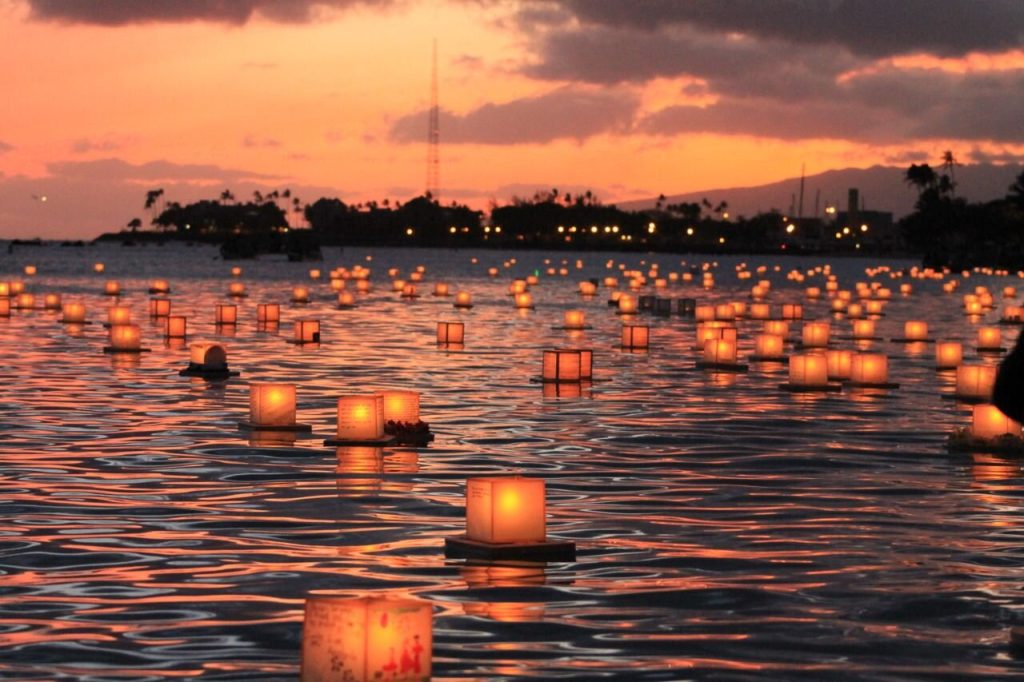
Conclusion:
The Bon Festival in Japan is a heartwarming celebration that blends spirituality, family, and community. It is a time for reflection, gratitude, and joy, as people come together to honor their ancestors and strengthen the bonds that tie them to their cultural heritage. Whether it’s through the rhythmic movements of the Bon Odori or the quiet moments spent at gravesites, the Bon Festival encapsulates the essence of Japanese traditions in a way that is both meaningful and accessible to all.
for more: Travel Unique Companion: Trending Gadgets for Your Journeys
refer site: https://livejapan.com/en/article-a0001368/

